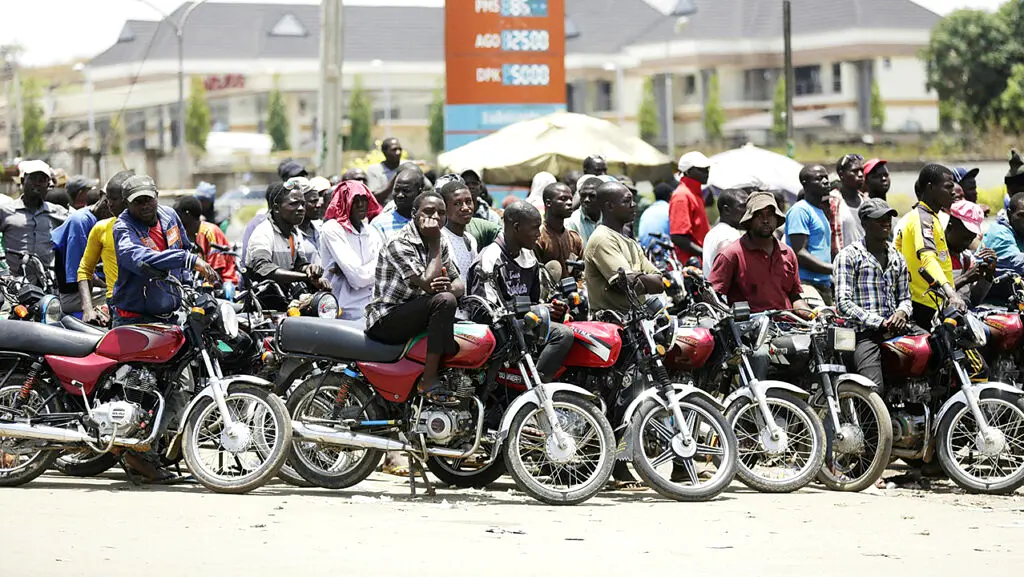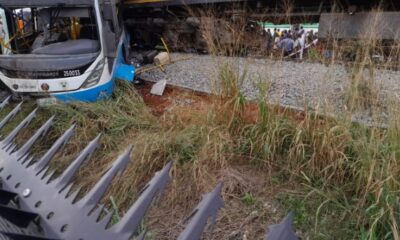EDITORIAL
Reviewing Okada ban in Lagos

On Tuesday, August 16, 2022, the Lagos State Government convened a forum of stakeholders to share some good news about the progress made since the June 1, 2022 full enforcement of the ban on commercial motorcycle operations in designated six local government areas, LGAs, and local government development areas, LCDAs, started.
The Commissioner for Transportation, Dr. Frederic Oladeinde, disclosed that crime rate reduced by 86 per cent, while the accident rate went down by 63.7 per cent. During the period, 7,500 motorcycles were seized and crushed in line with the state’s laws.
Going by these figures, the firm decision by Governor Babajide Sanwo-Olu to crack down on the Okada menace, is a spectacular success. Indeed, the stakeholders were so impressed that they asked for the ban to be extended beyond the designated LGAs and LCDAs. A couple of days later, the ban was extended to four other local government areas, such as Kosofe, Oshodi-Isolo, Shomolu and Mushin with effect from September 1, 2022.
Before the LASG and its stakeholders get carried away, we need to look beyond the beer’s foamy head. The Okada ban is not effective in the Apapa axis. Their numbers have come down due to seizures, but they still operate unchallenged, particularly at Mile Two. Indeed, it looks as though the Apapa, Amuwo Odofin, Ojo, Alaba International and Satellite Town zones are not parts of Lagos in terms of law enforcement and distribution of social amenities. In the Ikeja axis, Okada riders still freely ply the Abeokuta Expressway up to the Ikeja Along Bus-Stop.
Before further expanding the ban henceforth, more efforts should be made to reduce Okada operations to near zero in the already designated areas. That will send the right message to those sponsoring the Okada operators from other parts of the country and beyond, that Lagos is no longer a safe place to perpetrate this lawlessness. Okada must go in Apapa.
We also reiterate that not all Okada operators are criminals or lawless. Some of them are complying with the directive to work in the inner cities and take passengers from the bus-stop hubs to their homes. These people are still providing a useful service to the public. Until government evolves a better transport system that can take people to their doorsteps, law-abiding Okada operators should be allowed to work in the inner cities.
The state government should strongly mandate its enforcement machinery to regulate the inner city Okada operators in liaison with their registered unions, so that the activities of every rider will be closely monitored.
Okada, as a means of transport, is still also a means of livelihood for thousands of unemployed people. If we push this matter too hard without applying wisdom, it may backfire.














